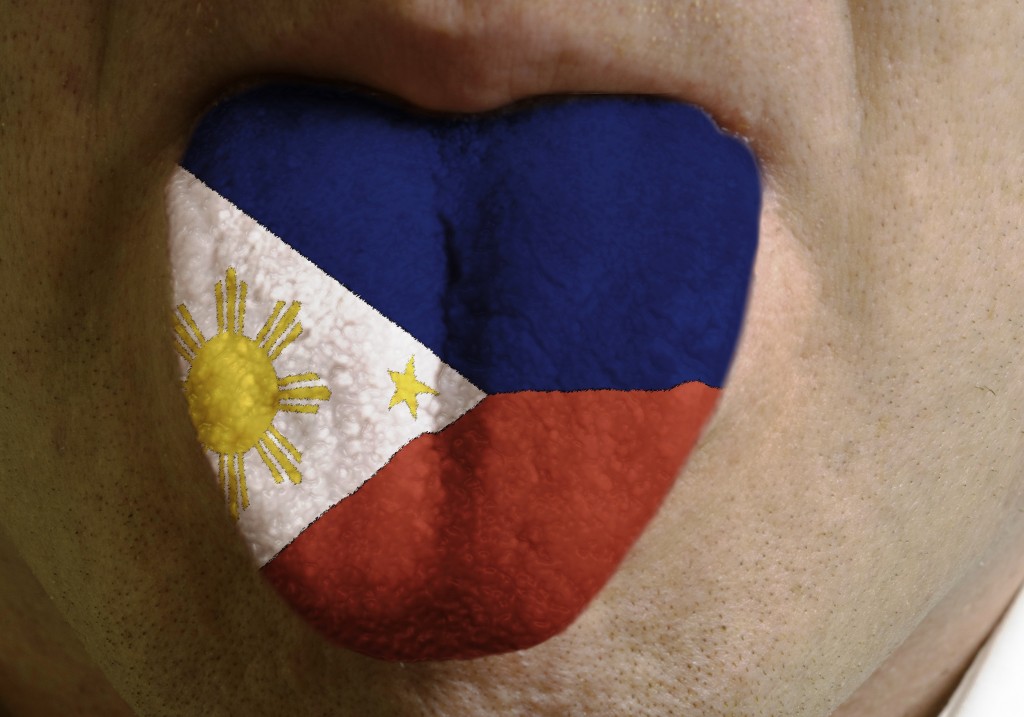
In many ways, Filipinos have wowed the world. Some are bad, some are good, and some are great.
When it comes to the bad stuff, the Philippines has been name-dropped more than a few times when it’s about corruption and short-of-abusive labor standards. I can no longer count the many times American sitcoms have referred to the Philippines or Filipinos when the punchline is about sweatshop workers.
Perhaps the most notable thing about being Pinoy is our unending roster of talents, especially when it comes to performing arts and sports—internationally acclaimed singers, world champion athletes, world class artists, and breakthrough scientists and inventors.
Onli in da Pilipins
To say that the Philippines is culturally rich is an understatement. We are culturally lavish. Or lavishly cultural, whichever way you prefer. The thing is: with over 7,000 islands, it is impossible not to develop a certain way of living—including an effective way of communication.
You might have heard or read of the question “Bababa ba?,” which to some maybe nothing but pure gibberish. But to us Filipinos, it is asking someone if they’re going down.
If you grew up or lived in the Philippines, chances are one of your friends or family members have asked you to translate the following question into English: “Pang ilang presidente si [insert president]?” And to be completely honest, I’ve Googled the answer so many times already, but I still have a hard time remembering the closest translation.
In the Philippines, much like in many countries, we have a unique word for some things that are quite impossible to translate to English:
Like that rush of joy and nervousness you get when you see your crush down the hallway and you try to stifle a schoolgirl-like shriek. That’s “kilig.”
Or that stubborn piece of meat or vegetable that’s stuck between your teeth that refuses to let go no matter how far you reach into your mouth with a toothpick. That’s “tinga.”
Or that uncontrollable need to squeeze and coo that you get when you see a really cute baby with chubby cheeks or an unbelievably adorable dog that you want to cuddle. That’s “gigil.”
I could go on and on about the nuances and joy of the Filipino language, but today with this article, let me pay homage to the wonderfully beautiful yet indubitably tongue-twisting language that is Tagalog and it’s humble contribution to the English language.
“Dat’s prom Tagalog, you know?”
According to Danica Salazar, a Mellon Postdoctoral Fellow in English Language Lexicography of the University of Oxford who is currently conducting research on Philippine English and the Oxford English Dictionary at Oxford University Press and the brains behind the linguistics website Pinoy Words, “there are of course the dozens of Webster words, which are borrowings from Philippine languages and Spanish, but there are also hundreds of words that may not be entirely characteristic of Philippine English, but are illustrated by quotations taken from Philippine sources, ranging from the very old to the very new.”
For example, the most common Tagalog-turned-English word is ‘boondock,’ which means ‘mountain.’ Today, more people use the even shorter slang for it: ‘boonies.’ Obviously, the origin of that word is the Tagalog word ‘bundok.’ Americans picked up the word during their stay in the country in the 1940s and evidently brought the word back to the States.
Here are some of our mother tongue’s contributions to the English language.
Carabao – water buffalo, from the Tagalog word kalabaw
Cooties – from Austronesian and Tagalog word kuto, which literally means “head lice”
Machin – a grayish brown long-tailed macaque (Macaca philippinensis), from matsing meaning monkey or ape
Ylang-Ylang – type of flower known for its fragrance; used for perfumes, from the plant ilang-ilang
Yo-Yo – the toy, from Ilokano word yoyo
In many ways, Filipinos have wowed the world, especially when it comes to language.
Most tourists love the Philippines because of the almost non-existent language barrier. Go to the city or the barrio and you will find someone who can speak ‘Carabao English.’ Still English, some might say.
Perhaps this time, we can wow the world by showing how much we appreciate our Mother Tongue.
Maligayang Buwan ng Wika. Ipinagmamalaki ko na ako’y isang Pinay.